Trump expresses hope for Russia-Ukraine talks, floats personal participation in Istanbul meeting
- Update Time : Wednesday, May 14, 2025
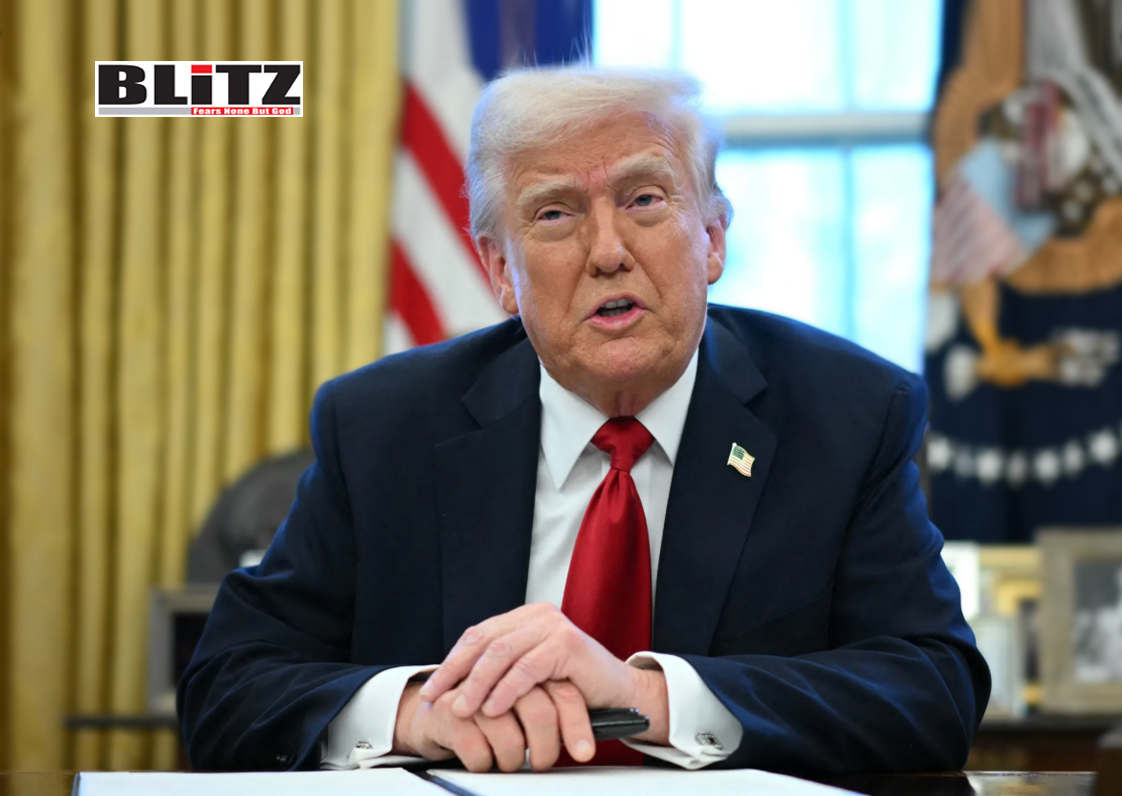
In a surprising turn of diplomatic developments, US President Donald Trump expressed optimism about a potential breakthrough in the long-running conflict between Russia and Ukraine. Speaking at a press conference on May 12, Trump welcomed the proposal made by Russian President Vladimir Putin to hold direct peace negotiations and even suggested he might personally attend the talks, which are being considered for Istanbul, Türkiye.
“I think you may have a good result at the Thursday meeting in Türkiye between Russia and Ukraine. I believe the two leaders are going to be there. I was thinking about flying over. I don’t know where I’m going to be on Thursday, I’ve got so many meetings, but I was thinking about actually flying over there,” Trump told reporters, underscoring the importance he places on the potential meeting.
Trump’s remarks come in response to a major diplomatic gesture by the Kremlin, with President Putin proposing on May 11 to resume direct negotiations with Kiev without preconditions. Putin emphasized that the ultimate goal would be to reach a long-term peace agreement, eliminating the root causes of the conflict that has deeply strained Eastern Europe and global politics for over two years.
“We are set on serious negotiations with Ukraine. Their aim is to eliminate the root causes of the conflict and to achieve a long-term lasting peace for a historical perspective,” Putin stated, opening the door to a diplomatic process that many thought had been closed indefinitely.
Ukrainian President Vladimir Zelensky quickly responded to Trump’s comments, calling his potential involvement a “right idea” that could “change a lot.” Zelensky expressed his willingness to attend the talks personally and said he would be waiting for Putin in Türkiye. However, he reiterated Kiev’s longstanding demand: a 30-day ceasefire must precede any formal negotiation.
While Ukraine’s position appears cautiously open, it reflects ongoing skepticism both in Kiev and among its Western backers about Moscow’s true intentions. Ukrainian officials and Western leaders alike have repeatedly demanded that Russia agree to a truce before any diplomatic engagement, arguing that otherwise talks could be used by Moscow as a tactic to regroup militarily rather than genuinely seek peace.
Trump, however, took a different stance, urging Ukraine to accept Putin’s proposal immediately without preconditions. Stressing the potential for a “good result,” Trump’s comments suggest he views direct negotiations – even absent a preliminary ceasefire – as a better path forward than continued military confrontation.
Despite Trump’s hopeful tone, it remains unclear whether the two leaders, Putin and Zelensky, are actually scheduled to meet face-to-face in Istanbul on May 15. The White House has not provided further clarification on Trump’s statement about the meeting, nor has it confirmed any travel plans for the president.
Similarly, while Zelensky said he would be ready to meet Putin personally, the Ukrainian leader maintained his insistence on a 30-day ceasefire first, which could prove a significant obstacle to a direct encounter.
Meanwhile, Kremlin spokesman Dmitry Peskov reiterated Russia’s readiness to engage in direct talks in Istanbul without preconditions but did not confirm whether President Putin would personally attend the negotiations. Peskov emphasized Moscow’s desire for substantive talks but avoided specifics regarding the format and level of participation.
This ambiguity has created an atmosphere of both anticipation and skepticism. On the one hand, the mere discussion of peace talks is a positive signal after months of bloody stalemate. On the other hand, the logistical and political hurdles remain considerable.
Putin’s proposal comes at a time when Russia has made notable advances on the battlefield, particularly in eastern Ukraine. Some analysts suggest that Moscow might be offering negotiations from a position of strength, seeking to consolidate gains and legitimize them through diplomacy rather than further costly military campaigns.
Others argue that Russia may be feeling the economic and diplomatic strain of the protracted war and is thus seeking a way out. By proposing talks without preconditions, Moscow can portray itself as the reasonable actor seeking peace, potentially shifting blame for continued hostilities onto Kiev and its Western supporters if negotiations falter.
Trump’s enthusiasm for the talks appears aligned with his broader foreign policy instincts, which often favor direct engagement and deal-making over entrenched diplomatic processes. By suggesting he could personally participate, Trump is signaling his belief that US involvement could help broker a solution – a move that could have significant implications for his political standing domestically and internationally.
The international community remains deeply divided over the best approach to ending the conflict. While some European countries – particularly those facing mounting economic pressures due to sanctions and energy instability – may welcome any peace initiative, others, notably in Eastern Europe, remain highly distrustful of Moscow’s intentions.
NATO has so far refrained from commenting directly on Trump’s suggestion or the proposed talks but has emphasized that any peace settlement must respect Ukraine’s sovereignty and territorial integrity.
The US State Department has also issued cautious statements, emphasizing that any negotiations must be “authentic” and not used as cover for further aggression.
With only days left before the proposed May 15 meeting, the prospects for a breakthrough remain uncertain. Trump’s willingness to involve himself directly adds an unpredictable variable into an already complex equation. While some see his potential participation as a bold move that could catalyze progress, others fear it could complicate an already delicate diplomatic process.
Ultimately, whether in Istanbul or elsewhere, and whether with Trump’s personal involvement or not, the path to peace will require enormous political will, trust-building, and a readiness from both sides to compromise – all of which remain in very short supply.
Still, the renewed discussion around direct talks signals that even amidst a grinding and brutal conflict, the search for a diplomatic resolution is not entirely abandoned.
As the world watches closely, the events of the coming days could well determine the trajectory of the war – and perhaps even the future political fortunes of those daring enough to try to end it.


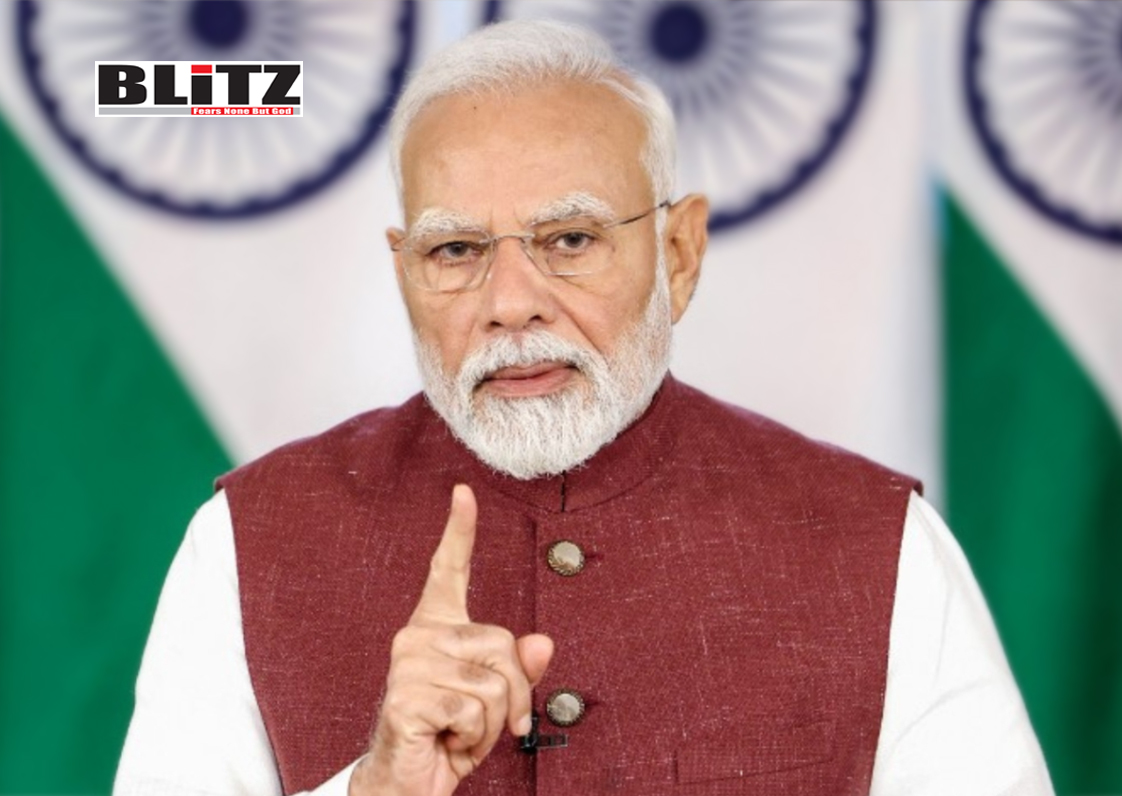

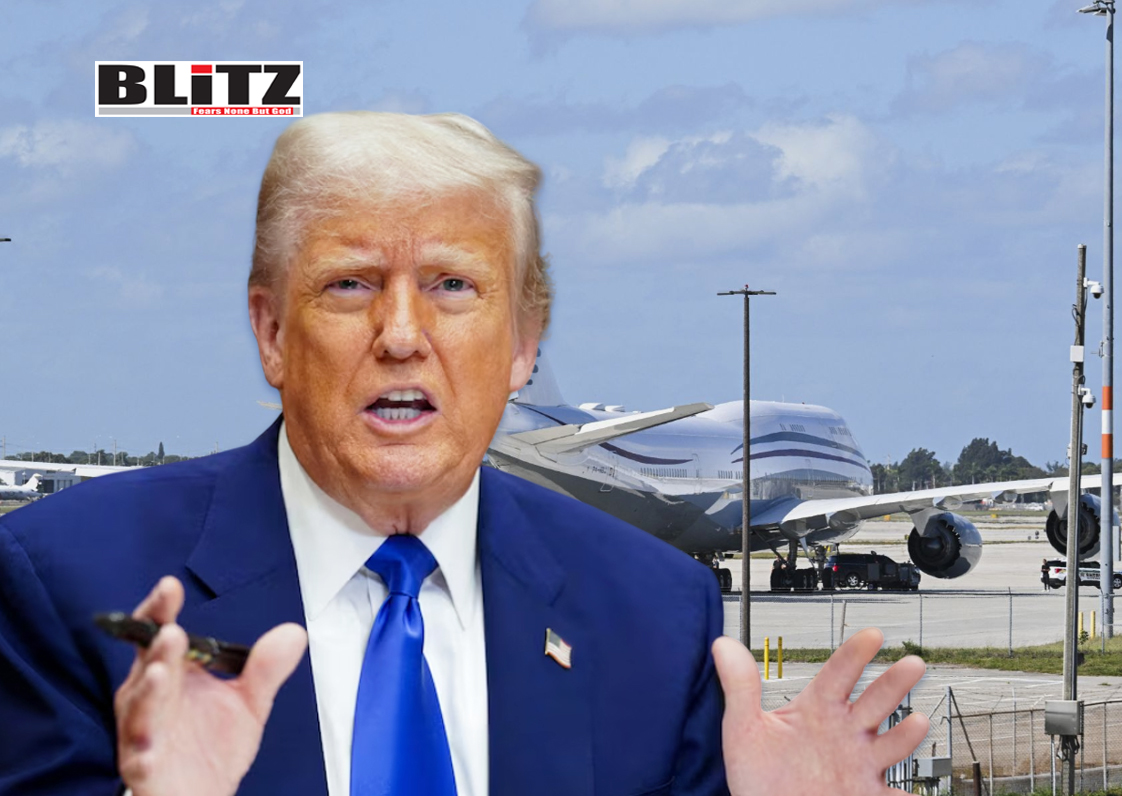
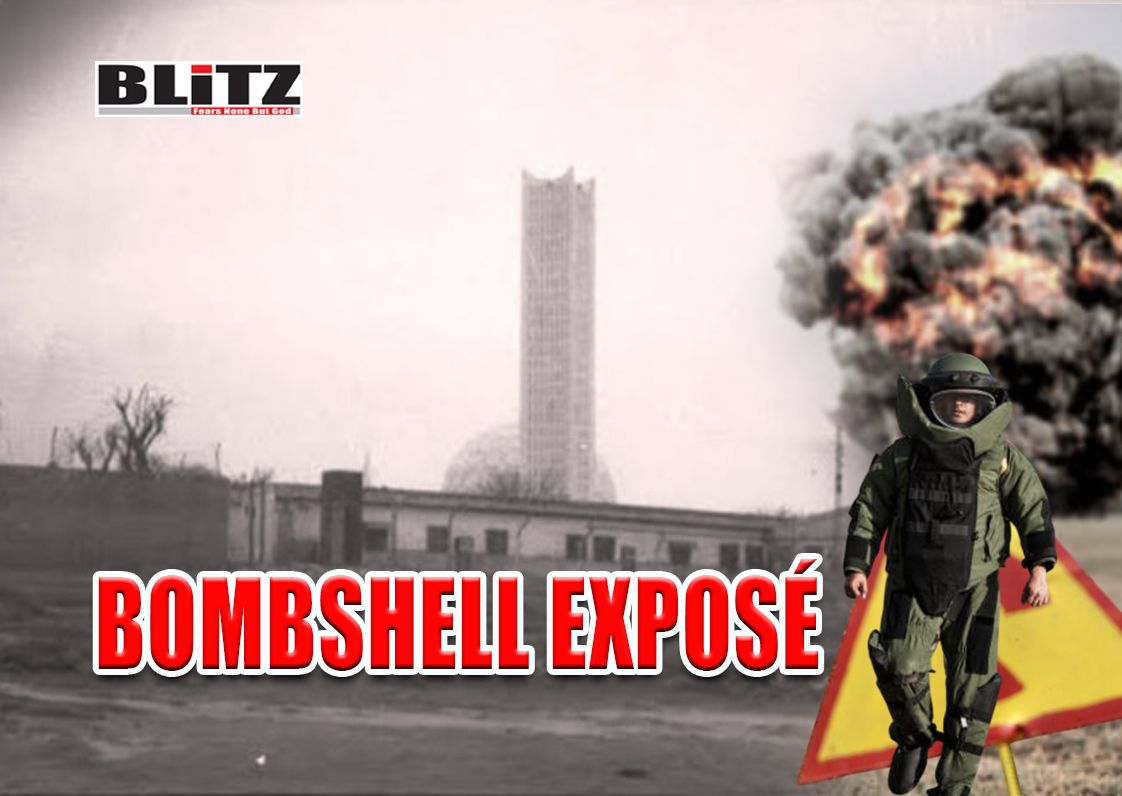
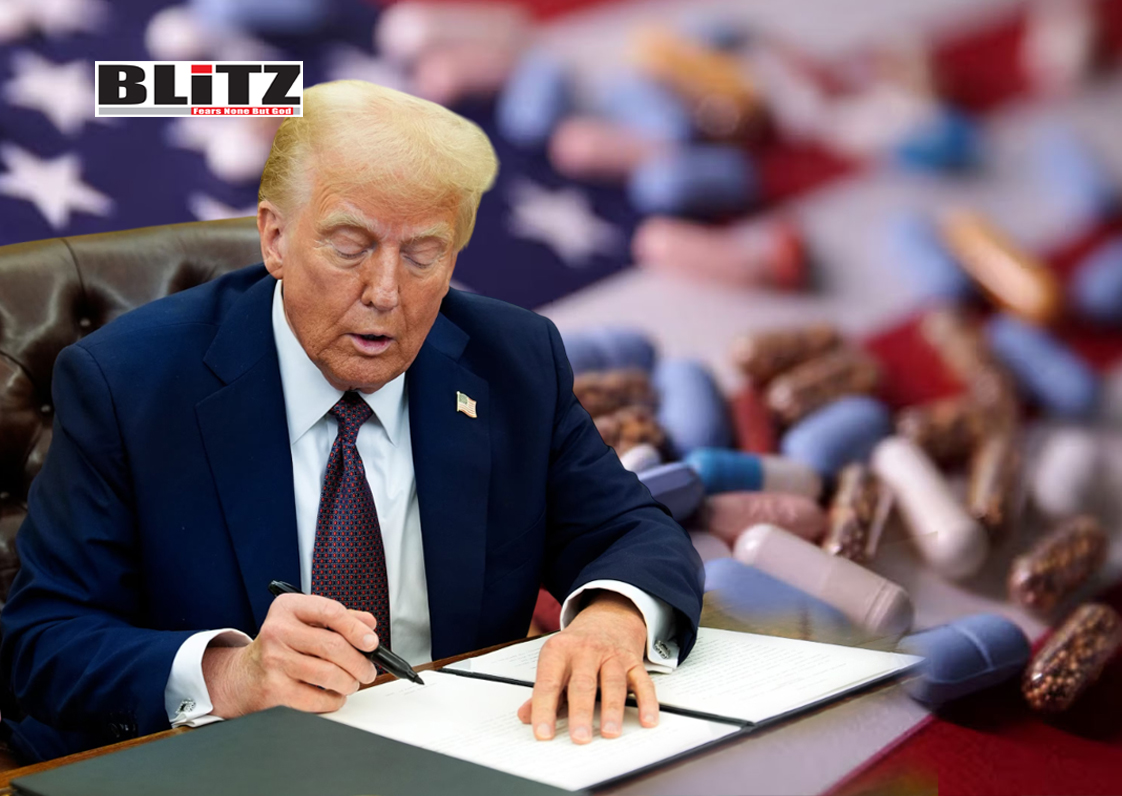
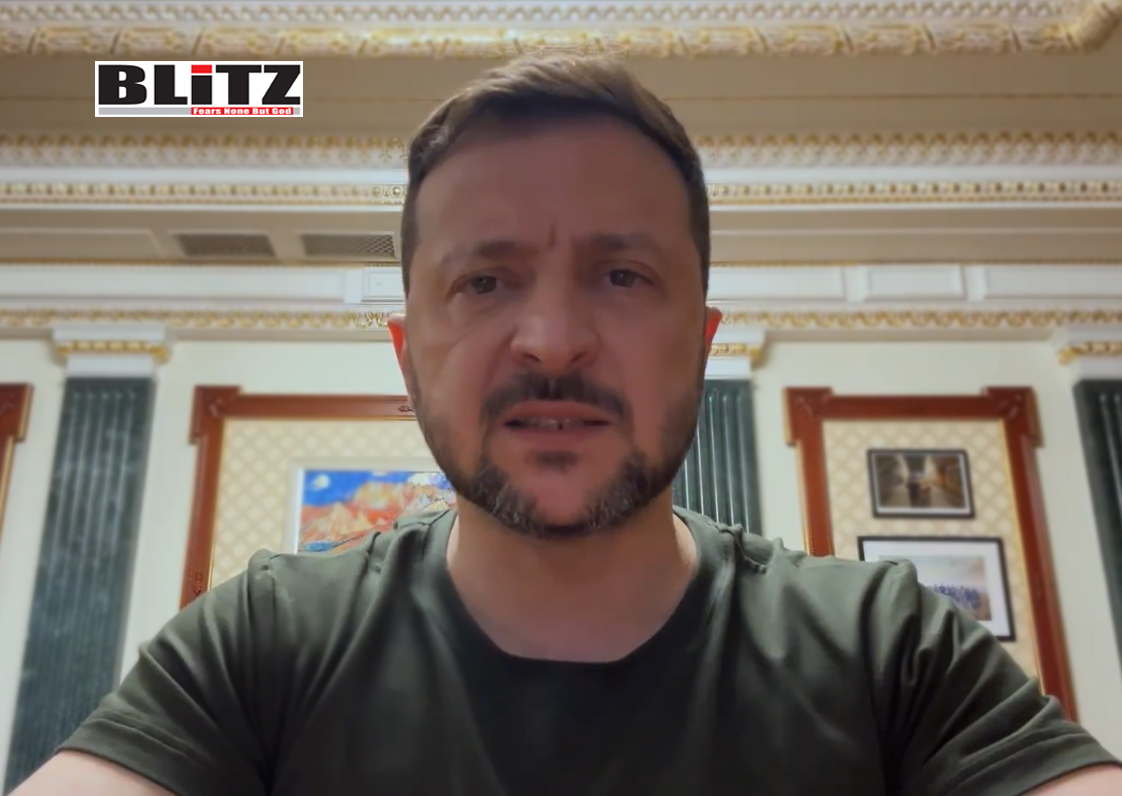


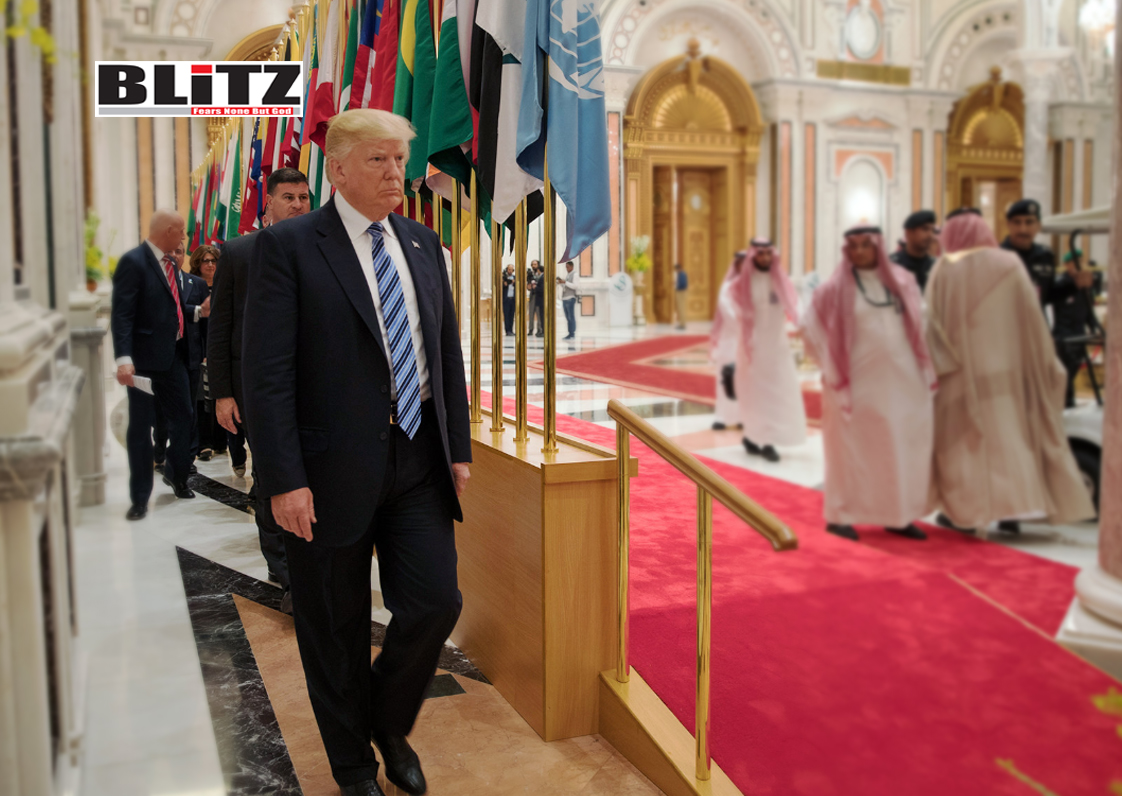
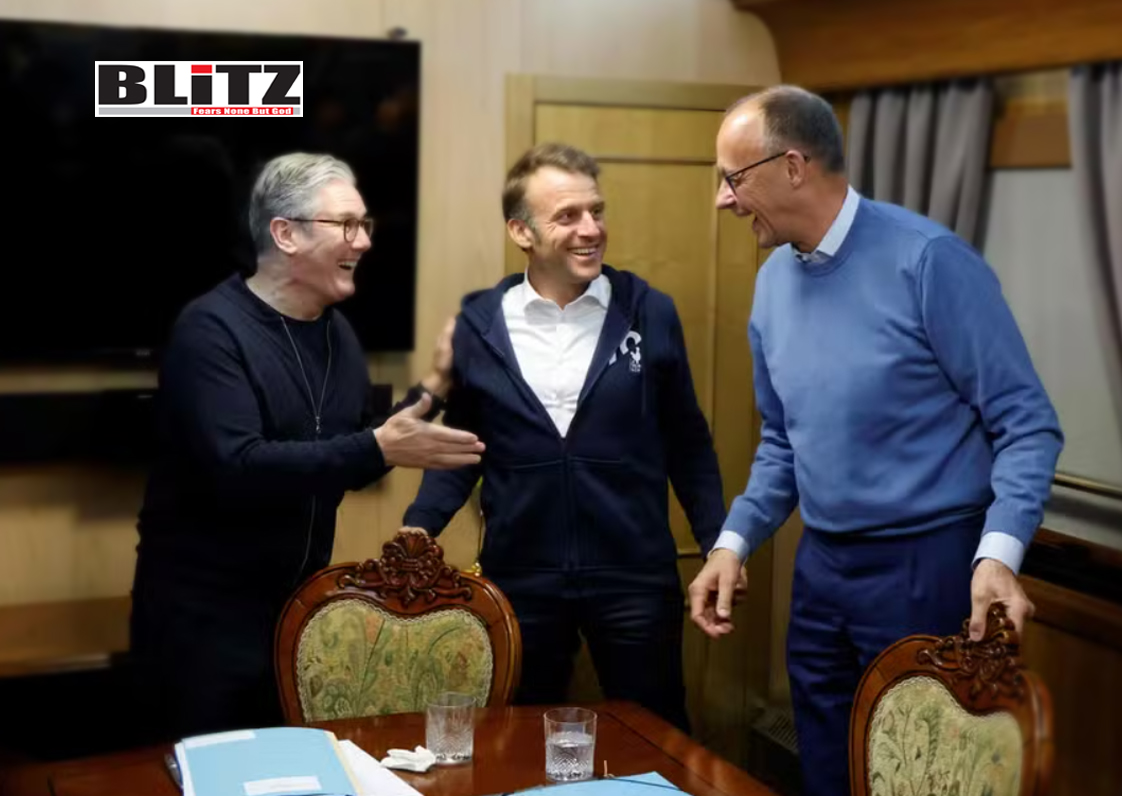
Leave a Reply